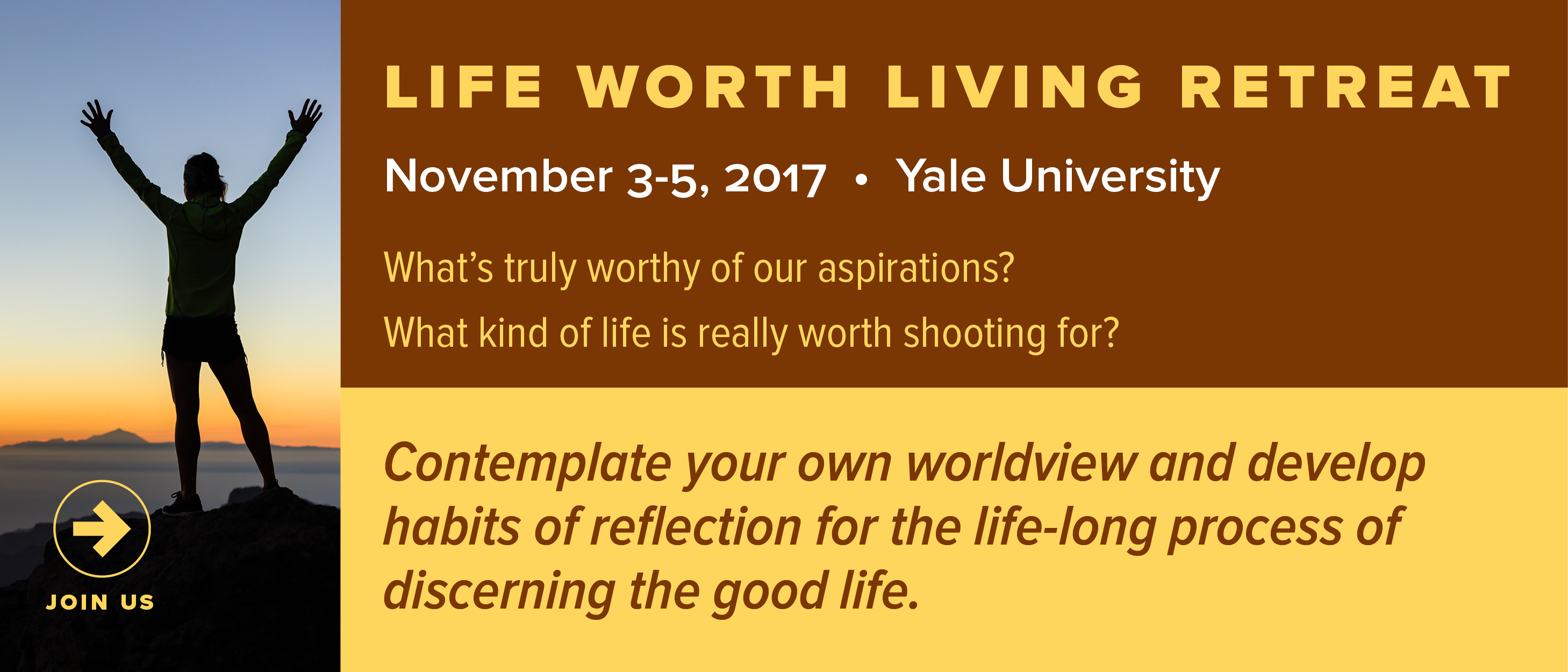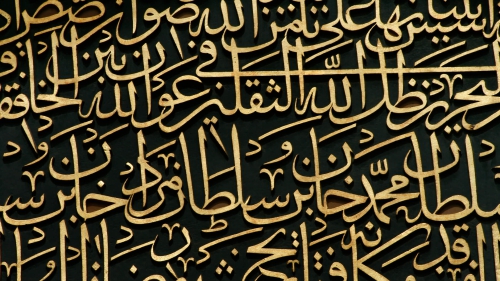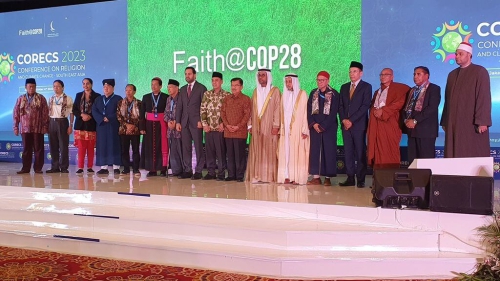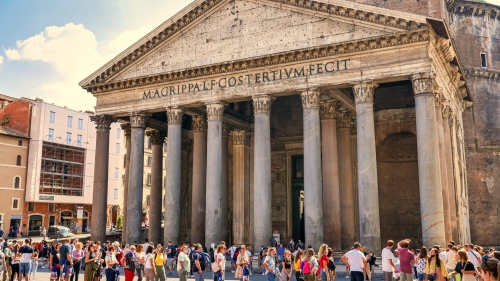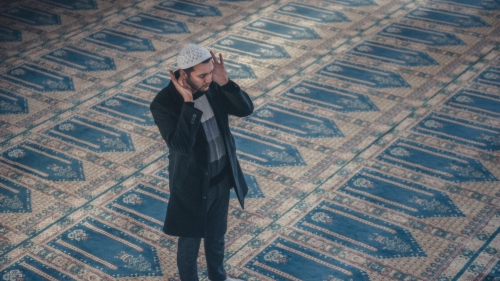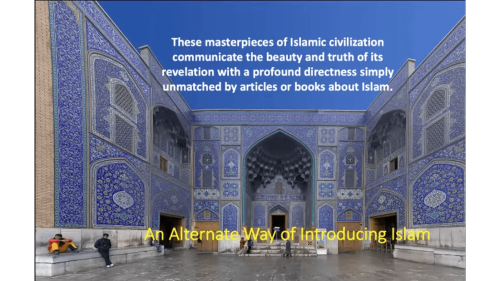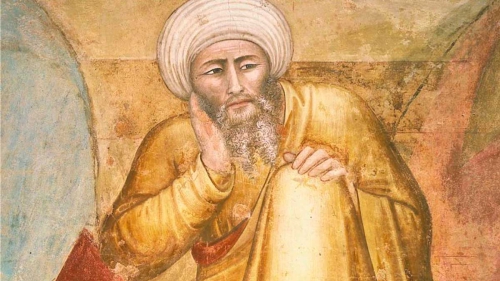Seek the meaning of life and faith

Yale University is offering a unique retreat in which you can explore the meaning of life and faith with people from different backgrounds.
As an IslamiCity reader, receive 15% OFF with code LWL15IS. JOIN NOW
In an effort to revive critical discussion about the most important question of our lives, "What is a life worth living?," Yale University is launching the Life Worth Living (LWL) retreat, taking place November 3-5, 2017 on the Yale campus.
Ever wondered, “What’s truly worthy of our aspirations?” What kind of life is really worth aiming for? Questions like that once seemed to be a matter of common sense. Answers were just taken for granted, whether by culture, religion, or even family tradition. That’s no longer the case, and now we each have to ask and answer for ourselves: What is the good life? What does it mean to live a flourishing life? Tough questions like these require mental muscles that may not have been used lately, if ever. We need each other’s help to ask and answer them well.
Based on the popular semester-long Yale undergraduate course by the same name, this 3-day retreat will draw upon a range of philosophical and religious traditions to help participants develop habits of reflection that will equip them for the life-long process of discerning the good life. This experience takes the best of what the semester-long course has to offer and makes it available to people beyond Yale University students.
The retreat’s director is Miroslav Volf, Founder and Director of the Yale Center for Faith and Culture, and Henry B. Wright Professor of Theology and Yale Divinity School. He says, “The question of the good life is worth the very best of our intellectual energy and intentional effort. We’ve seen the incredible transformation that this course can bring in the lives of Yale undergraduates and are eager to bring this conversation to a broader public.”
Participants of the Life Worth Living retreat will have a chance to reflect on their own views about the big questions in conversation with six diverse traditions of imagining a good life: Confucianism, Judaism, Christianity, Islam, Utilitarianism and Expressive Individualism. Participants are encouraged to bring their own stories and experiences to the learning experience, helping to build relationships in a group setting.
The retreat will also feature two small-group sessions where participants will be invited to bring their own personal narratives to the learning process and help build a base of relationship among small group members.
This program is open to anyone seeking answers to this most important question. Applications are now being accepted and processed on a rolling basis. The deadline to apply is October 6, 2017.
For more information and to apply, please visit Yale University - Life Worth Living
Topics: Philosophy, Religion Values: Contentment, Spirituality
Views: 2288
Related Suggestions






